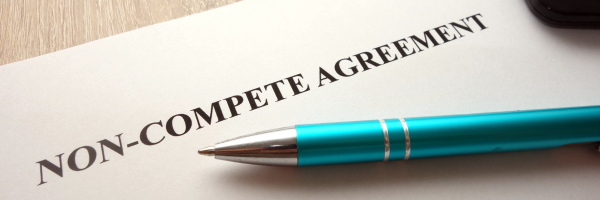
New York law requires written contracts and timely payment for freelance workers.
On Nov. 22, 2023, the state of New York enacted the Freelance Isn’t Free Act (the Act) to strengthen protections for freelance workers by requiring written contracts, timely payment and non-retaliation. The Act takes effect on May 20, 2024, and generally mirrors the New York City Freelance Isn’t Free Act (the NYC Act) that took effect in 2017.
Freelance Workers Defined
A “freelance worker” includes any natural person or single-person organization that is hired or retained as an independent contractor by a nongovernmental hiring party to provide services in exchange for compensation of at least $800 or $800 in the aggregate during the preceding 120 days. The definition of “freelance worker” does not include sales representatives, attorneys, licensed medical professionals, construction contractors or any workers hired as employees.
Written Contract Requirements
The Act requires the hiring party and freelance worker to enter into a written contract for services, a copy of which must be provided to the freelance worker. The hiring party must also retain a copy of the contract for six years.
At a minimum, the contract must include the name and mailing address of each party, an itemization of services to be provided, the value of such services, the rate and method of compensation, the date of payment (or mechanism by which such date will be determined), and the date by which the freelance worker must submit a list of services rendered to ensure timely payment. The New York Department of Labor (NYDOL) will provide model contracts on its website for use by the general public at no cost.
Timely Payment
The hiring party must pay freelance workers no later than the date specified in the contract or, if a date is not specified, no later than 30 days after the completion of services. Once a freelance worker begins to render services, the hiring party may not require that the freelance worker accept less than the agreed-upon compensation as a condition of timely payment.
Non-Retaliation
The hiring party may not threaten, intimidate, discipline, harass, deny a work opportunity, discriminate against or take any other action to retaliate against freelance workers for or deter them from exercising their rights under the Act.
Penalties and Other Remedies
Freelance workers may file a complaint with the NYDOL alleging violations of the Act, and the NYDOL may award civil or criminal penalties. Freelance workers may also file a civil action for damages, including double damages, injunctive relief and attorneys’ fees (for nonpayment or underpayment), statutory damages equal to the contract price (for retaliation), or statutory damages equal to $250 (for failure to enter into a written contract).
If there is reasonable cause to believe that a hiring party has a pattern or practice of violations, the New York attorney general may bring a civil action on behalf of the state and seek fines of up to $25,000 and other appropriate relief.
Hiring Party Considerations
The Act does not apply to contracts entered into before May 20, 2024. However, hiring parties should review their existing contracts and payment practices now and make any necessary changes to ensure compliance by this date. Moreover, the Act does not provide a determination about the legal classification of any freelance worker as an employee or independent contractor, so hiring parties should ensure that such workers are properly classified.
Sign up for our newsletter.



Have a question? Get in touch.
Our Services.
From the Blog.


Our Company.
Sign up for our Newsletter.
Designed and Developed by Vessel Digital Marketing

